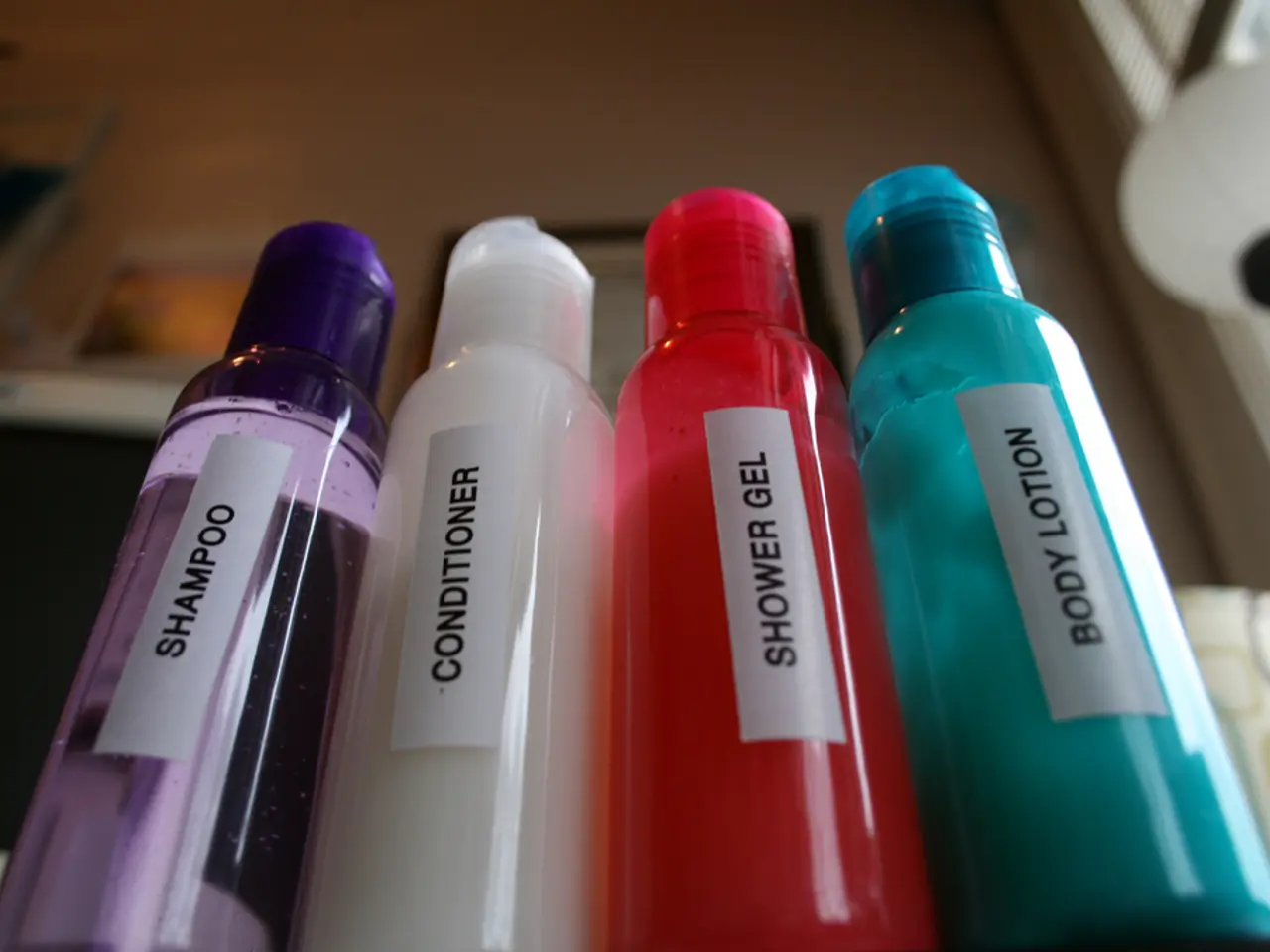Comprehensive Guide for Managing Skin with Acne Prone Tendencies
Maintaining the health of the skin barrier is crucial for those with sensitive, acne-prone skin. To achieve this, a balanced approach is key. Here's a step-by-step guide to creating an effective skincare routine specifically tailored for this skin type.
- Gentle Cleansing
Start by cleansing your skin with a mild, fragrance-free cleanser formulated for sensitive skin. This will help remove dirt and excess oil without causing irritation. The Naked Papaya Gentle Enzyme Milky Cleanser is recommended for this purpose.
- Appropriate Exfoliation
Exfoliation is important for sensitive, acne-prone skin, but it should be done sparingly. Use a mild chemical exfoliant like BHA or AHA about 1-3 times per week, ensuring not to overlap with other active ingredients.
- Hydration with Non-Comedogenic Moisturizers
Daily hydration is vital. Use an oil-free, non-comedogenic, lightweight moisturizer, preferably gel-based, containing soothing ingredients like ceramides, hyaluronic acid, niacinamide, aloe vera, or green tea. These ingredients will hydrate without clogging pores or irritating sensitive skin.
- Targeted Acne Treatment
Use spot treatments containing ingredients such as benzoyl peroxide or sulfur only on affected areas to reduce blemishes while avoiding widespread dryness.
- Sun Protection
Applying broad-spectrum sunscreen (SPF 30 or higher) every morning is a must. Use a non-comedogenic, lightweight formula to protect sensitive, acne-prone skin from UV damage and prevent dark spots, especially since acne treatments can increase sun sensitivity.
Additional tips include avoiding heavy creams, pore-clogging oils, and fragrances. Introduce active treatments like retinoids gradually and monitor tolerance. Focus on products labeled "fragrance-free," "non-comedogenic," and "for sensitive skin."
By adopting this balanced approach, you can support skin barrier health, reduce inflammation, control oil production, and effectively target acne while minimizing irritation common in sensitive skin. Remember, managing stress, getting enough sleep, and maintaining a balanced, antioxidant-rich diet can all support skin health. If acne persists or causes significant distress, consult a dermatologist.
Read also:
- Parliamentary Meetings in the Federal Diet of Germany this Week
- Warning signs of potential health issues indicated by Dr. Amir Khan, unveiled in a recent discourse
- Anemia: A Potential Threat and Treatment Strategies
- Insulin refusal during gestational diabetes is possible, but it may have detrimental impacts on both mother and baby.




